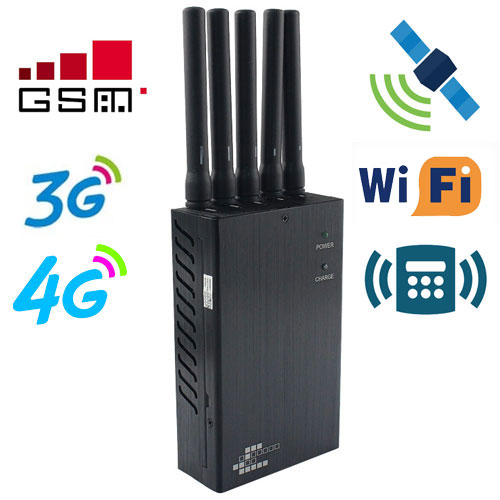The government told the Supreme Court on Friday that it had asked the Central Committee for Secondary Education (CBSE) to explore options for placing jammers to prevent students from accessing child pornography online in schools.
The court hears a petition asking the government to ban all websites hosting pornographic content.
Another attorney general, Pinky Anand, said 3,522 sites were blocked in June, but the step of installing jammers on school buses was ruled out to prevent young people from being sexually abused on Internet.
“It is not possible to place a wifi jammer on the bus, but its installation on campus is being considered. The CBSE has been tasked to discuss this problem with the school administrators.” Said Anand.

The CBSE is the highest education committee in the country, with more than 10,000 affiliated institutions.
Most schools teach computers and the Internet is now part of the curriculum, not only increasing knowledge, but also putting students at risk of online sexual exploitation. It’s still a gray area for kids on school buses to watch pornography on their phones.
As many victims did not come to the police station due to fear and humiliation, there is no precise data on the number of Indian children exploited by pornographic material. According to the National Criminal Records Office, 96 cases of children sexually exploited online were reported in 2015.
The government told the three-judge panel headed by Judge Dipak Misra that it would take action to address “all the circumstances”.
He said the Central Bureau of Investigation (CBI) shared an Interpol list of online child sexual abuse material with the government, then ordered internet service providers to block those sites. This list will be updated regularly.
India does not have a centralized mechanism to monitor websites containing child pornography. The government committee recommends that Internet service providers ban these sites until a monitoring system is created.
In addition, service providers are required to educate subscribers about the use of parental control filters in their machines.